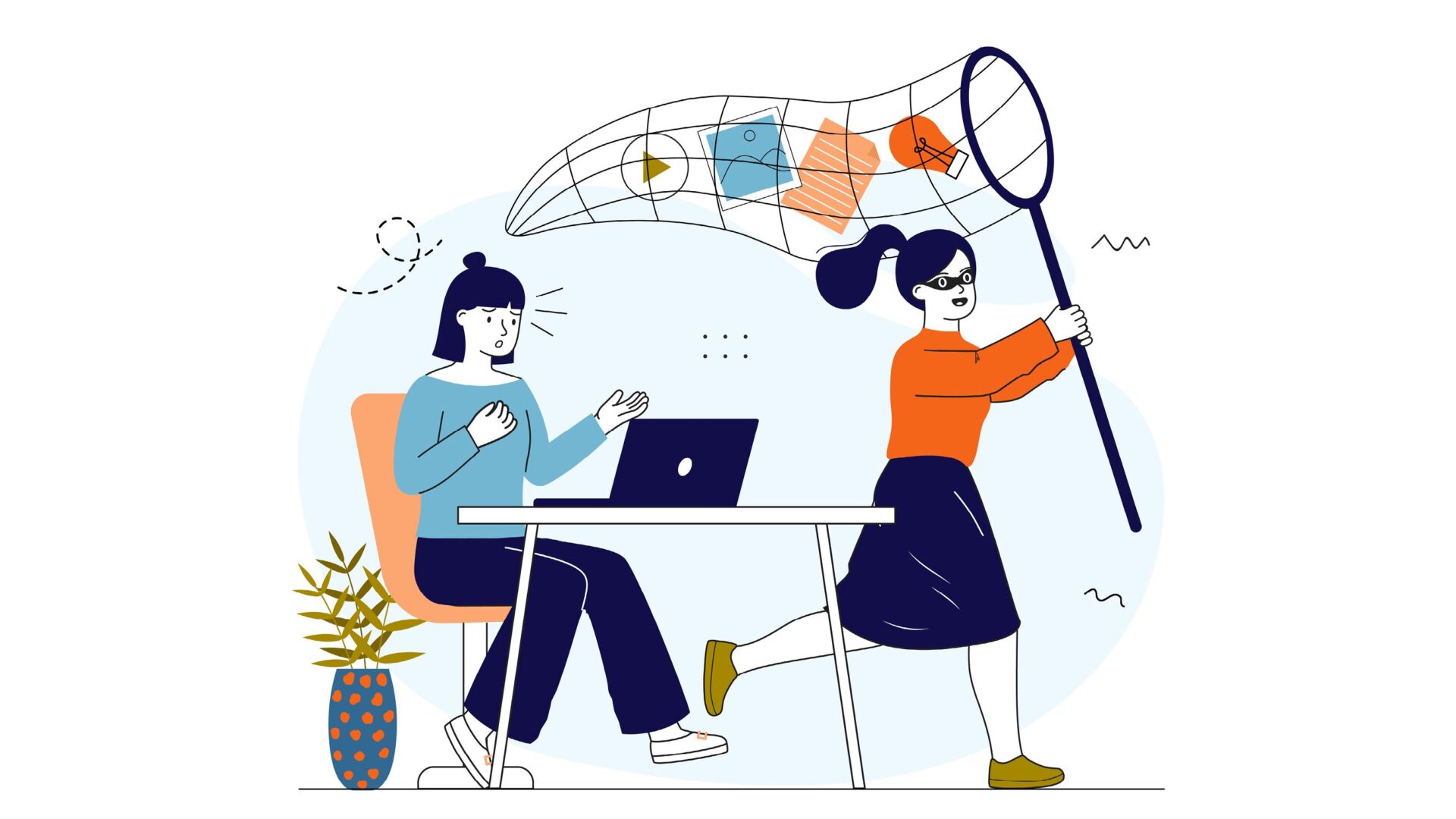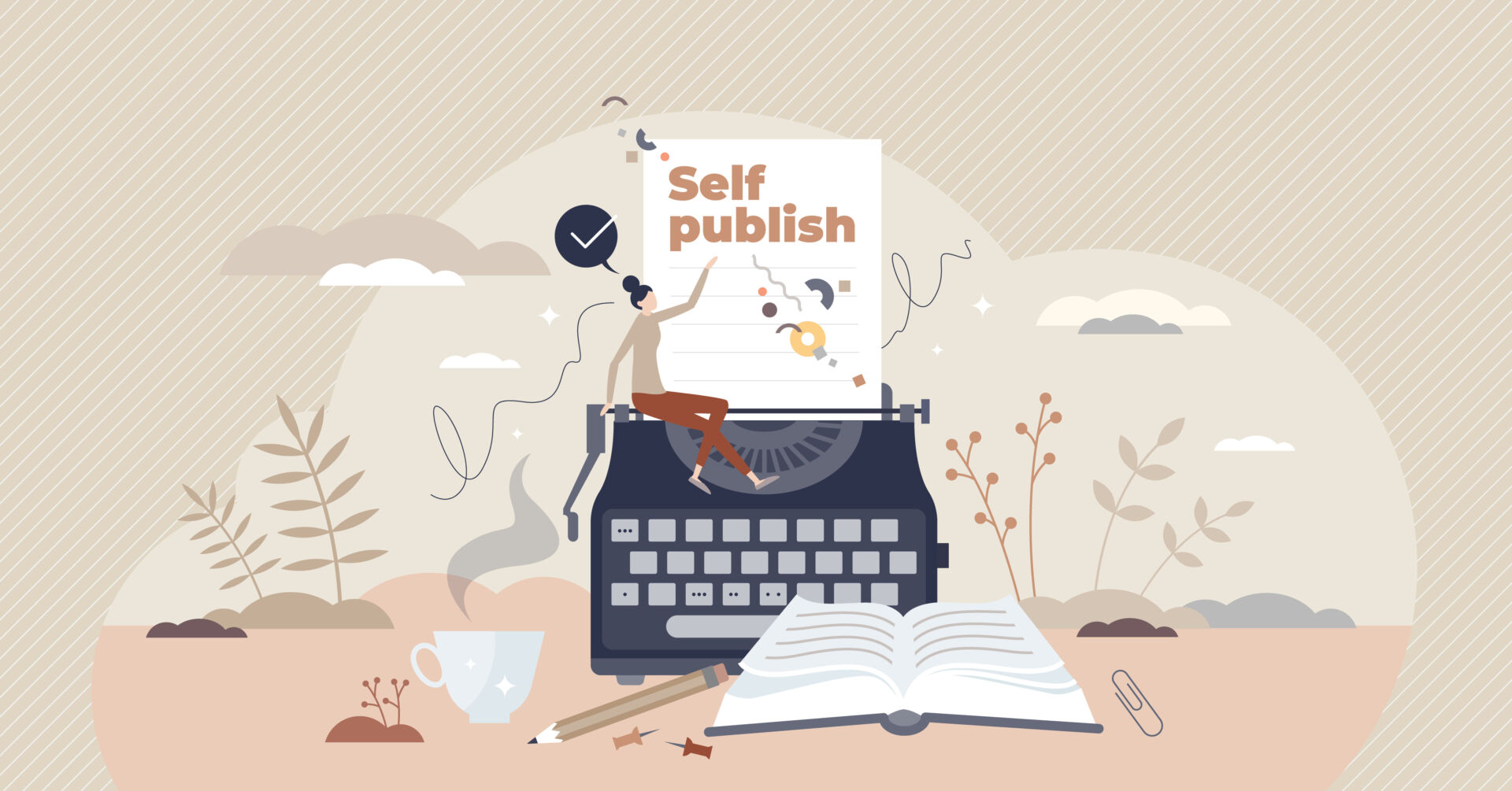The Society of Authors, Publishers Association, Association of Authors’ Agents and the Authors’ Licensing and Collecting Society have published a statement to Prime Minister Rishi Sunak on the eve of the Government’s AI Safety Summit.
We call for urgent confirmation ‘that AI systems cannot continue to use copyright-protected works with impunity’, for ‘acknowledgement of and recompense for the copyright infringement that has already happened’, and ‘transparency and attribution’ and an ‘end to the opaque development of AI’.
- Where we stand on artificial intelligence
- Artificial intelligence: practical steps for members
- My book has been used to ‘train’ AI – what can I do?
Joint industry statement – full text
As a society we should support human authorship unequivocally. It is of the utmost importance that the Government puts in place tangible solutions as soon as possible to protect the human creativity and knowledge that underpins safe and reliable AI. Human creativity is the bedrock of the publishing and wider creative industries. That creativity will be worth around £116 billion this year in the UK alone.
We applaud the Prime Minister for convening the first ever AI Safety Summit this week and for positioning the UK as a facilitator for strong global action on artificial intelligence and it is right for the UK to seek to be a leading light in the development of AI, embracing the many benefits it can bring when used responsibly and ethically as a tool. The publishing industry was an early adopter of AI and we fully recognise the potential benefits and opportunities it can bring to our industry with AI tools that help us enhance human creativity and academic endeavour by reaching our audiences, marketing our books and journals more effectively, and improving processes and systems. However, it must be used ethically and legally, and its use must be regulated.
We need urgent confirmation from Government to ensure that AI systems cannot continue to use copyright-protected works with impunity. Creative work – and industries like publishing that are built on it – can only thrive under the right conditions: a strong copyright regime, compensation, credit for authors and other creators, and rightsholders’ control. But those conditions are being undermined – and creative works devalued – by today’s unfettered, opaque development of AI systems, which have been designed using copyright-protected works used without permission or payment.
We need acknowledgement of and recompense for the copyright infringement that has already happened – including the pirated Books3 database used to develop many high-profile systems – and assurances that those practices will end. We need practices based on consent and fair payment to ensure that authors and rightsholders are asked for permission and rewarded for the use of their works. We need to ensure that creators are credited when their works are used to generate derivative outputs.
And we need transparency and attribution. An end to the opaque development of AI is long overdue. We can only ensure that with strong Government support.
This is an issue on which the entire publishing industry is united. It is vital that authors and rightsholders are protected by Government as AI continues to be developed. We urge the Prime Minister to make a statement of commitment to protecting the value of human creativity, intellectual property, and publishing and the creative industries, while these new technologies evolve.






It’s fascinating how people and organisations right now seem to want the British government to do everything.The British government is being screamed at by the masses to call for ceasefires in countries far away that those people screaming the loudest about know next to nothing about (they speak neither Hebrew nor Arabic). And creative types think the only way to protect creativity is to have more and more laws, despite the fact that too much authority kills the freedom that creativity requires. It’s as if people are desperate to live in an authoritarian society. Clearly AI is going to cause… Read more »
I think you might have missed the point of the statement, Helen. We aren’t calling for new laws or for the Government to do anything new. What we are calling for is for Government to ensure that existing laws be upheld – particularly in relation to AI developers’ use of copyright-protected works. Current development practices are opaque and amount to piracy. If the Government chooses to court AI developers without ensuring that they work within existing laws, the results for the creative and other industries could be catastrophic. Given the high international profile of this week’s AI Safety Summit, I… Read more »
Hi Martin, I realise that I am not an expert in AI, so perhaps you’re right. However, even if the British government does do some of the things you are asking for, how can you stop AI developers in other countries infringing on UK copyright laws? British writers would still have the same problems, I assume, but less chance to fight the problem because the companies would be based outside of British law. Am I right about this, and, if I am, then should we be putting limits on the Internet in terms of what information can be accessed in… Read more »
You’re right – we can only influence things in the UK, but our counterparts in the US, Canada, Europe, Australia and elsewhere are all taking similar action.
The fact is that AI developers want and need access to lucrative markets like the UK. To do so they need to operate within the laws of those markets – and it doesn’t seem unreasonable or unrealistic to expect governments to defend and uphold those laws.
Hi Martin, Thank you for continuing to answer my questions. I suppose the way I view all this is the way I, like everyone of my age and older, has watched the way we listen to music or watch films change since the age of the Internet began. When I was a teenager, I bought albums. Today I listen to a song I want on Youtube and don’t, in theory, pay for it. However, the advertising is so irritating that people are willing to pay to access the music uninterrupted. And real music lovers have gone back to buying vinyl… Read more »
As a mid-list author of one of the 193000 books used to program AI without my consent, I think the very least we can hope for is that copyright law be observed and the use of our texts be paid for. It’s a struggle enough to make writing ends meet, without having our work stolen by pirates and utilised by unscrupulous developers.
Hi Kathryn, I am genuinely sympathetic to what you have written about. I remember discovering my own book had been put, in full, onto a pirating site. I was furious. However, I don’t think getting a number of countries like the USA, Canada, Australia, etc on board with what British writers want in terms of protection is going to do any good. Companies in China, Russia, Togo, Kenya, etc, etc can still pirate British books or use them to train AI developers. How is any national government going to be able to stop this? From my perspective the SoA is… Read more »